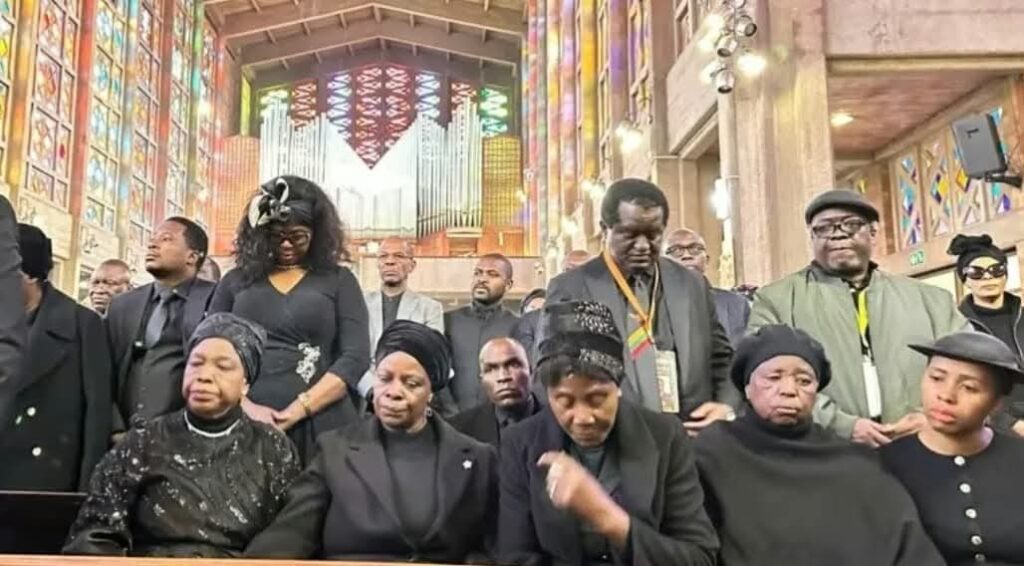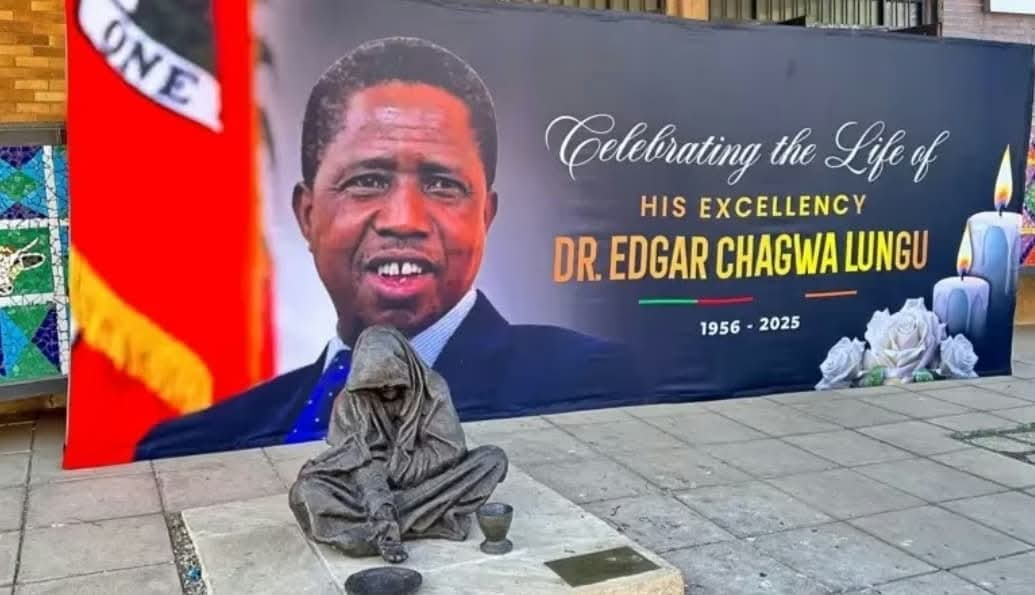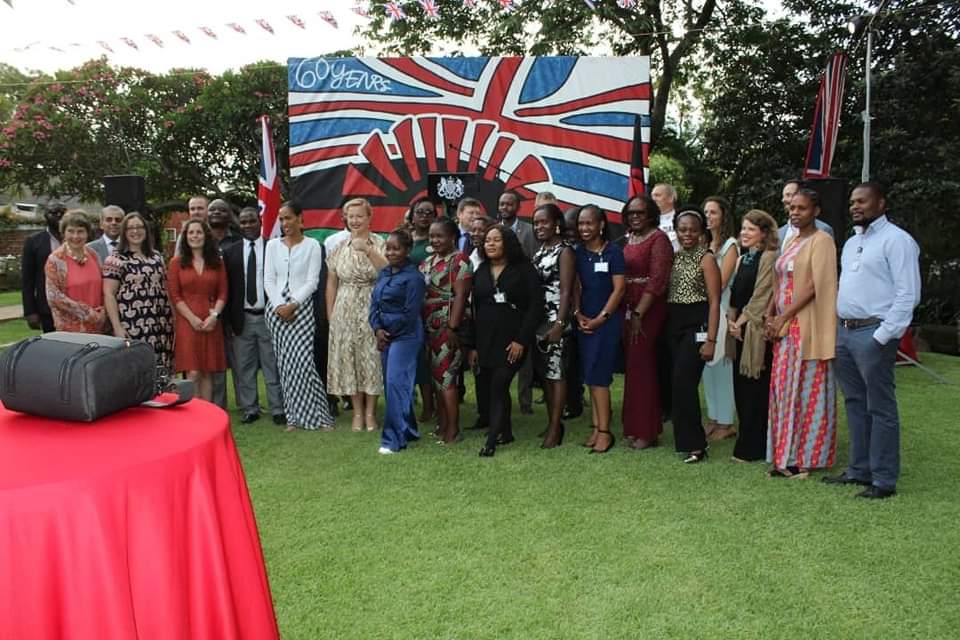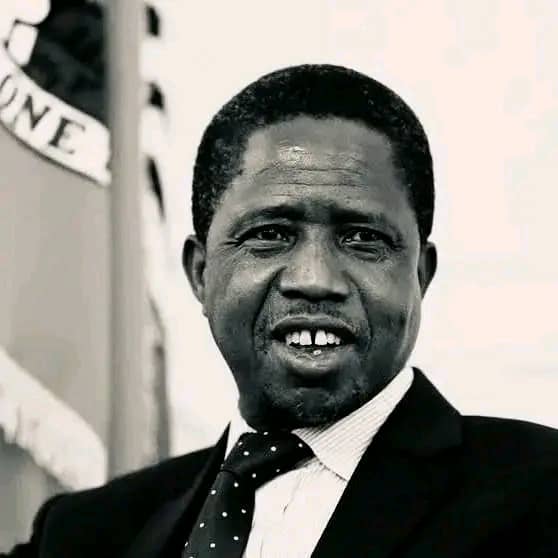By Suleman Chitera, Blantyre Malawi
In a dramatic turn of events, the Zambian government has successfully obtained a court injunction in South Africa to halt the private burial of former President Edgar Lungu, intensifying a bitter feud between the late leader’s family and the administration of President Hakainde Hichilema.

The emergency ruling was issued by the Pretoria High Court just hours before Lungu’s scheduled burial on Thursday. The court ordered a postponement of all funeral proceedings pending a full hearing, now set for August 4. As a result, instead of mourning their patriarch at the gravesite, Lungu’s family spent the day in court defending their right to lay him to rest outside his homeland.
This legal showdown is the latest chapter in a month-long dispute over the final resting place of Zambia’s sixth president, who died earlier this month while in Johannesburg for medical treatment.
Government Insists on State Funeral
At the heart of the dispute lies a contentious disagreement over protocol and politics. The Zambian government, through Attorney General Mulilo Kabesha, insists that Lungu is entitled to a full state funeral in accordance with national law. Kabesha emphasized that “the legacy of any former Head of State must be honored through a dignified state ceremony, complete with military honors and national mourning.”
Zambian law mandates state funerals for all former presidents, which the government argues is not merely symbolic, but a legal obligation that reflects the nation’s respect for its past leaders.
“We are not just talking about Edgar Lungu the politician,” Kabesha told journalists in Lusaka. “We are talking about Edgar Lungu the former Commander-in-Chief, the head of state, and the face of Zambia for years. His story cannot end in a foreign graveyard.”
Family Cites Political Feud, Private Wishes
However, Lungu’s family has fiercely opposed the idea of a government-organized burial in Zambia. In court filings and public statements, they allege that the late president expressed a strong desire to be buried quietly and privately — away from the politics he felt had tainted his later years.
Central to their resistance is Lungu’s long-standing feud with his successor, President Hichilema. The animosity between the two dates back years, with a particularly explosive chapter in 2017, when Hichilema was arrested and imprisoned under Lungu’s government on what many described as politically motivated charges.
According to Lungu’s eldest daughter, Thandiwe Lungu, “Our father made it clear that he did not want a funeral attended or overseen by President Hichilema. Forcing a state funeral would dishonor his final wishes.”
The family further claims that the government’s actions are less about honor and more about political theater.
A Nation in Limbo
Back in Zambia, the news of the blocked burial has sparked mixed reactions. While some citizens support the family’s right to determine funeral arrangements, others feel a state funeral is a matter of national pride.
Opposition parties have accused the government of overreach, while ruling party supporters argue that the state has a duty to reclaim the body of a former head of state.
As court proceedings drag into August, the late president’s remains will remain in temporary storage at a private mortuary in Pretoria. Meanwhile, his homeland — and his legacy — hang in a state of uncertainty.
Whether Edgar Lungu is buried under the Zambian flag or laid to rest quietly in foreign soil will now be determined not by family or tradition, but by the ruling of a court 1,800 kilometers away from Lusaka.




